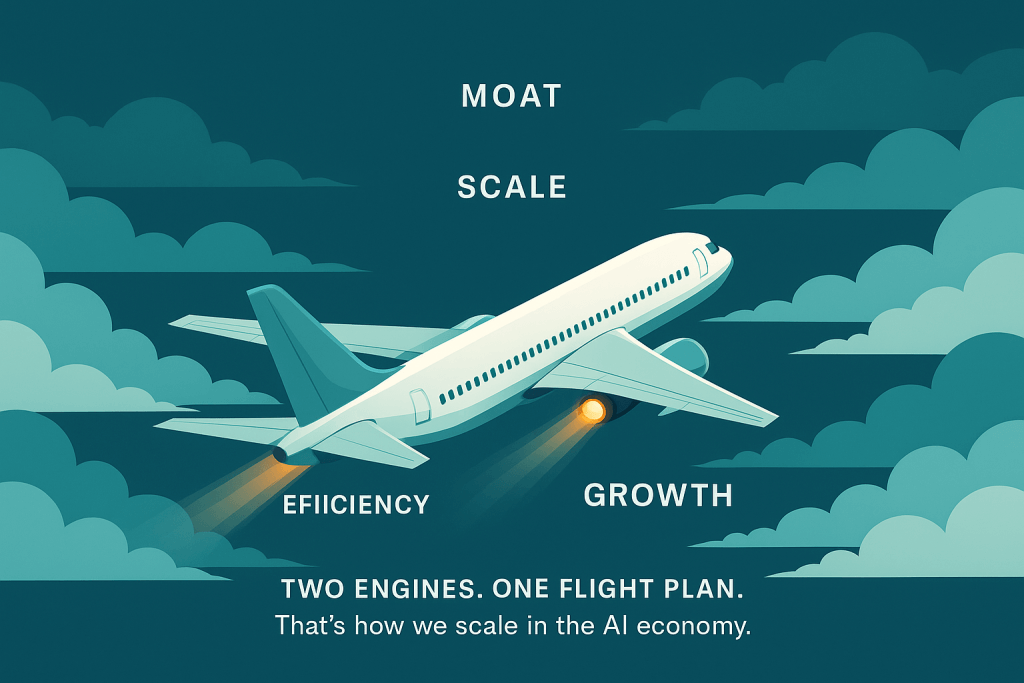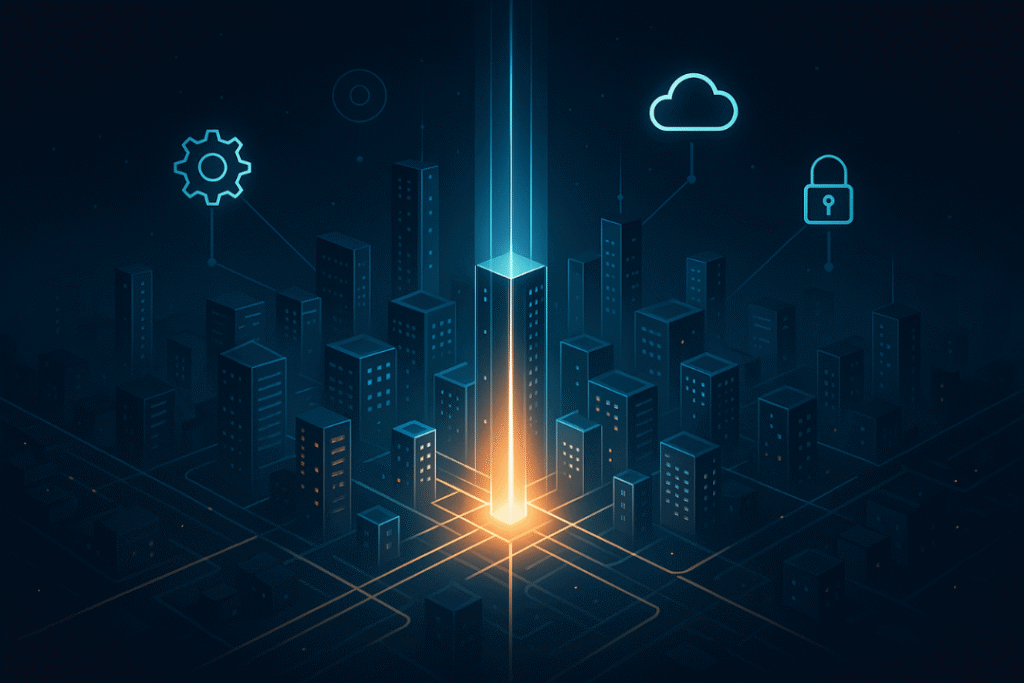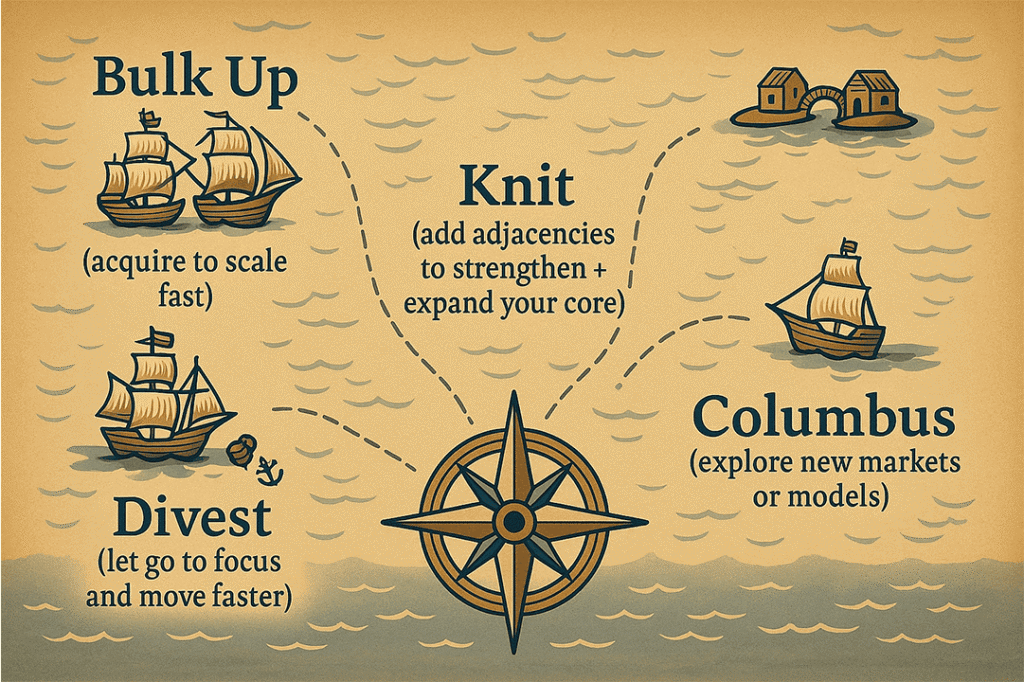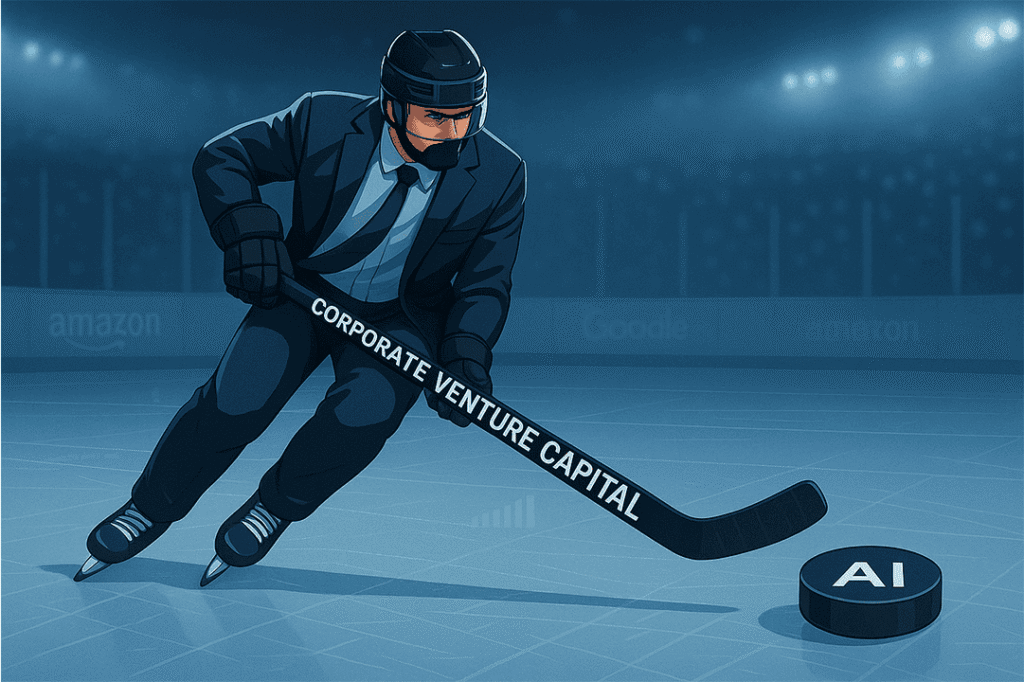AI isn’t a cookbook revolution – It’s a chef’s era!
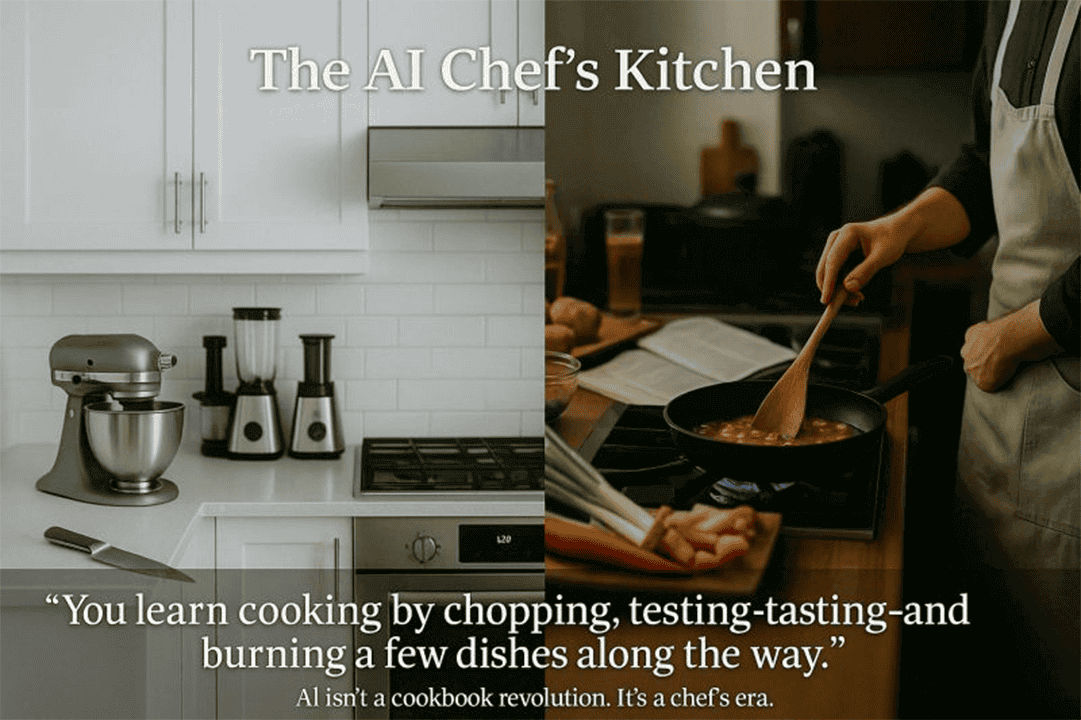
Imagine giving every team a top-tier kitchen—premium tools, a stocked pantry, and a stack of recipes… but no time to actually cook.
That’s how “lean into AI” often plays out, from what I’ve seen and heard.
We can all agree that the AI shift isn’t just a new toolset.
It’s a workflow reset—redefining how we create, decide, build, and scale.
And resetting workflows takes trying and testing.
Just in the past month, I’ve spent 100+ hours outside my core work day exploring new LLM releases, building small DIY projects with multiple AI Agents and tools to trial no-code development, conversational bots, keeping up with nonstop AI news and updates, and more.
And this is on top having GPT-4, Gemini, and Copilot fairly well integrated into my day-to-day workflow for some time now (heaviest use cases – early phase brainstorming/ideation, secondary research, news summary, content synopsis and synthesis, product concept mockups)
And still, I always feel behind on “leveraging AI”.
That sense of FOMO meets curiosity is constant.
Which has me thinking:
If this is what it takes for someone actively experimenting, how are most teams supposed to keep pace—let alone lead?
Access to tools and enterprise license for all these tools isn’t enough.
This moment calls for hands-on learning. For structured exploration. For time to build, test, and fail forward.
So the obvious question is : Are companies—especially mid-sized and growth-stage—designing for that?
Here are three simple ideas I hope more companies are starting to prioritize and operationalize:
1️⃣ Tinker Time – Intentionally carve out ~20% of bandwidth for hands-on AI exploration
2️⃣ Normalize the “try” – Celebrate experiments and shared learnings—not just scaled outcomes
3️⃣ Cross-pollinate – Pair domain experts with curious builders to accelerate discovery and spread what works
Because AI fluency won’t come from weekend hacks or internal memos.
It will come from doing—deliberately, consistently, and together.
You don’t learn to cook by reading recipes.
You learn by chopping, testing, tasting—and burning a few dishes along the way.
This isn’t a cookbook revolution. It’s a chef’s era.
👇 I’m genuinely curious:
How is your organization enabling hands-on AI learning?
Where are you seeing traction—or friction?
Would love to hear how others are navigating this.
